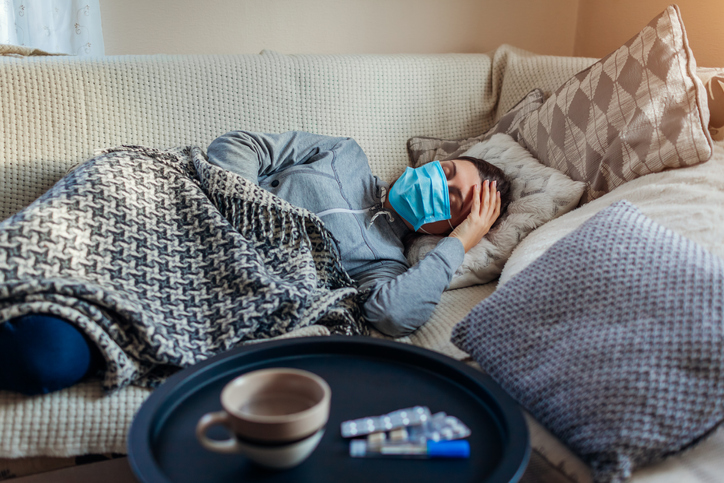
Last year, Akili Interactive received FDA clearance for the first game-based treatment to improve attention in children with ADHD. Now, the digital health startup is testing if the same technology could help patients experiencing “brain fog” after Covid-19.
“Brain fog” is an umbrella term for a broad set of cognitive symptoms experienced by patients who are recovering from Covid-19. In some cases, symptoms linger for months, though the exact cause is unknown.
According to a recent study published by Northwestern University researchers, 85% of Covid “long haulers” who were never hospitalized experienced four or more neurological symptoms, including attention and memory problems, loss of smell, headaches and blurred vision. Many patients also experienced fatigue and depression or anxiety.
When researchers learned some of those challenges included sustained attention, processing speed, and working memory, Akili CMO Dr. Anil Jina wondered if the company’s digital therapeutic could help.
“We’ve seen our research. We know our technology works in the areas that are directly a deficit,” he said. “At least starting it is something. There’s nothing else being offered for this element of Covid.”
Akili plans to launch two randomized, controlled trials with Weill Cornell Medicine, NewYork-Presbyterian Hospital and Vanderbilt University Medical Center to see if its digital therapeutic can improve cognitive function in Covid-19 survivors. They plan to start recruiting participants next month.
“Sites are excited to have something to offer these patients,” Jina said. “Once we found the groups that were trying to treat the cognitive dysfunction elements (of long Covid), they were very receptive of it.”
For the study at Cornell and NewYork-Presbyterian, they plan to have 100 Covid-19 survivors use the treatment for six weeks, with four weeks of follow-up. The Vanderbilt study will also enroll 100 participants, but they will receive the treatment for just four weeks. Both studies will be offered in-home.
The two studies have slightly different endpoints. Both will track changes in patients’ cognitive function, but the Cornell and NewYork Presbyterian study will evaluate patients using a cognitive tests that focuses more on attention, while the Vanderbilt study will use a broader group of tests that includes attention and memory.
“Clinicians are seeing an increase in cognitive impairments among Covid-19 patients and though we don’t yet know how long these difficulties last, we are concerned about how these cognitive difficulties may affect people in their daily lives” Faith Gunning, the study coordinator and an associate professor of psychology in psychiatry at Weill Cornell, said in a news release.
Akili’s therapeutic game, called EndeavorRx, challenges users to collect specific targets while navigating a scene, such as a frozen river. The company says the game is designed to provide challenges that activate the neural systems that play a key role in attention, and continuously adjusts as the user’s skill improves.
It received FDA clearance to offer to as a therapeutic for children with ADHD last year, after submitting data from a 348-person, double-blind, randomized controlled trial. The company is also researching whether its technology could help with cognitive impairment in older adults, patients with major depressive disorder and other conditions.
Photo credit: Maryviolet, Getty Images










